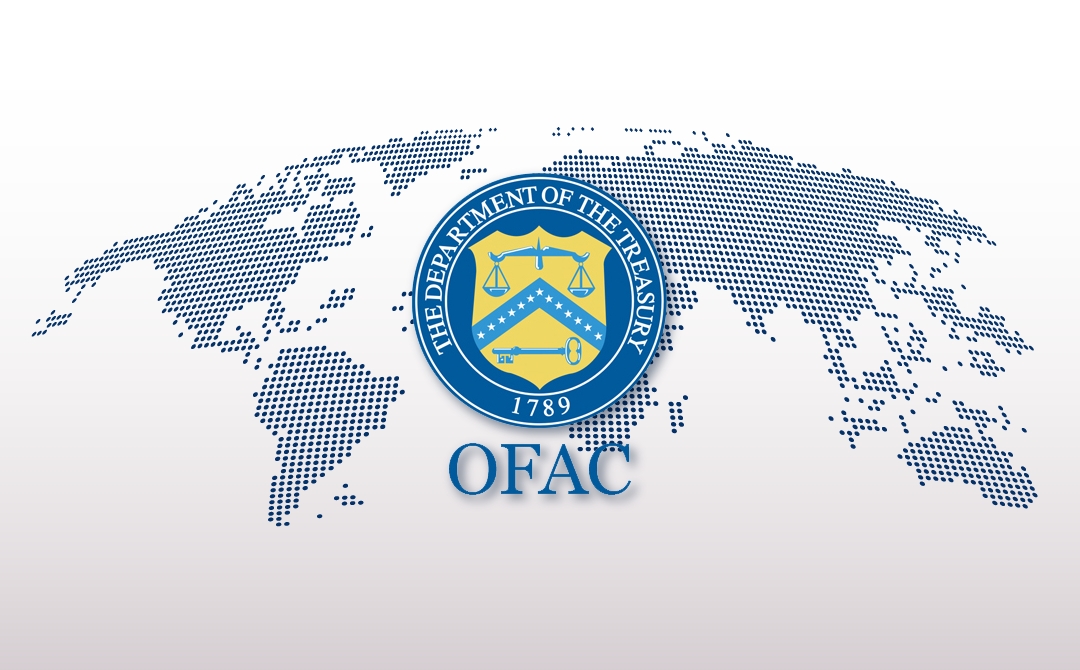
Symbol of the Office of Foreign Assets Control of the US Treasury on a world map, illustrating US control over world trade. File photo.

Orinoco Tribune – News and opinion pieces about Venezuela and beyond
From Venezuela and made by Venezuelan Chavistas

Symbol of the Office of Foreign Assets Control of the US Treasury on a world map, illustrating US control over world trade. File photo.
On April 17, the Office of Foreign Assets Control (OFAC) of the US Department of the Treasury replaced General License 44 with General License 44A, which establishes that US natural and legal persons will have until May 31, 2024 to settle any transactions that have been previously authorized with respect to Venezuela.
The authorized settlement transactions are those “ordinarily incidental and necessary” in connection with oil and gas sector operations in Venezuela. In addition, the new license prohibits new business with PDVSA, including new investments, measures that were authorized in October 2023 under General License 44.
From the administrative perspective, this is a substitution maneuver leaving certain spaces in the political scene for other bilateral maneuvers within the framework of the political negotiations in Venezuela. In comparison with other sanctioning experiences, OFAC handles revocation, expiration and substitution procedures. This is how a revoked license looks like:

OFAC will also consider applications for specific licenses, in the event that individuals or companies want to engage in activities previously authorized by License 44. In other words, OFAC will decide which company may operate with PDVSA and, consequently, will issue a Special License according to its criteria and convenience.
As for the impact, one of the first agreements affected by the new restrictive License 44A would be the transversal agreement between PDVSA and the French company Maurel&Prom for oil and gas production in Lake Maracaibo.
According to several international agencies, US petroleum company Valero Energy made some proceedings a few months ago to manage its crude purchases directly with PDVSA and not to outsource it, as it currently does with Chevron.
On the other hand, Chevron continues with its operations with the Venezuelan state-owned company, since General License 41—authorizing Chevron-PDVSA transactions—is automatically renewed on the 26th of each month. In fact, at the beginning of April it was reported that the PDVSA-Chevron joint venture, Petroindependencia, started production in the first of the 17 new generation wells that it plans to install this year as part of its 2024 Drilling Plan.
Oil shipments to the United States will continue without problems, and will even benefit Chevron because the resale of Venezuelan oil through Chevron could be boosted even more.
License 44A establishes that transactions of natural and legal persons must be settled by May 31. It is up to the White House to decide whether the conditions of the present license will remain intact as established or would be replaced by new clauses with the issuance of another license. The gaps in 44A reveal that the United States is leaving a window open for negotiations or further amendments to its license administration with respect to Venezuela.
Translation: Orinoco Tribune
OT/SC/AF

Misión Verdad is a Venezuelan investigative journalism website with a socialist perspective in defense of the Bolivarian Revolution